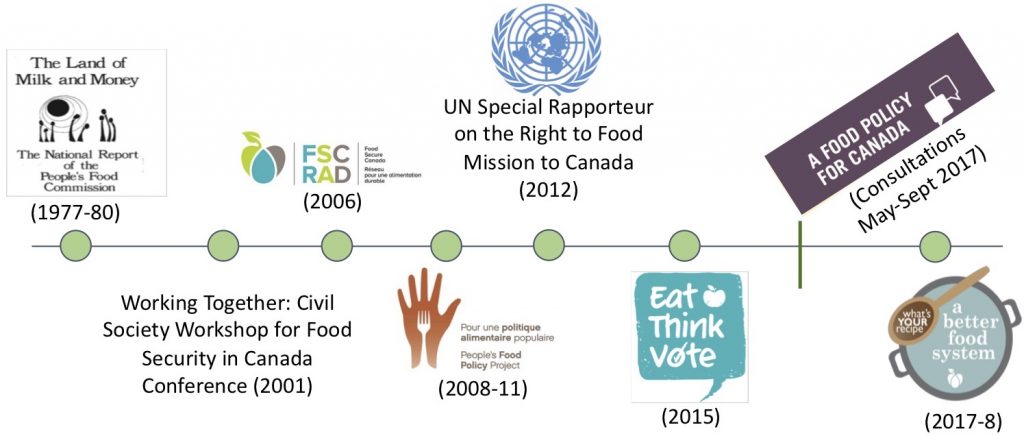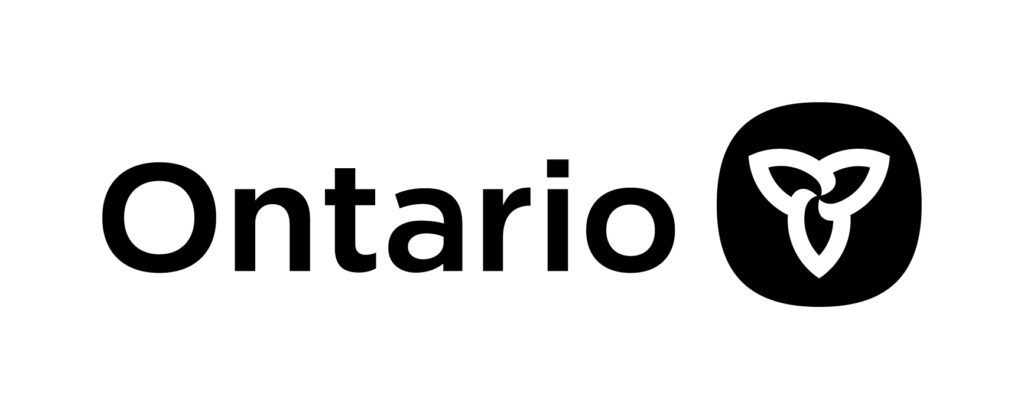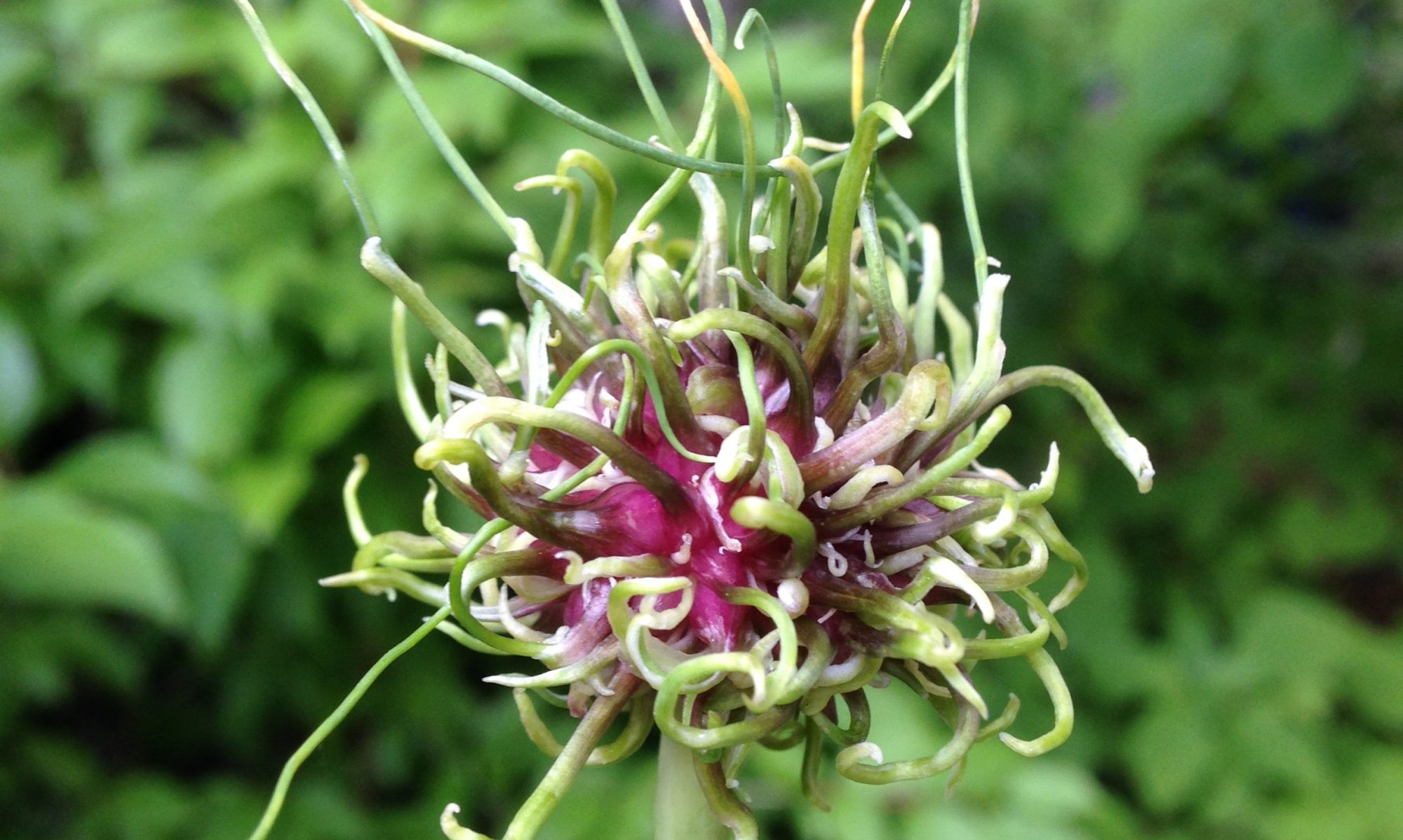
The Participatory Food Systems Governance project aims to identify effective and collaborative approaches to building healthy, equitable, and sustainable food systems. Working with researchers from universities and community-based organizations across Canada and Indigenous territories, we aim to contribute to the development strategies that facilitate more democratic and integrated engagement with food systems policy and decision-making. The project began in 2019 and includes survey and interviews with leaders from civil society organizations and elders across Canada and Indigenous territories, as well as a series of case studies.
Our primary research question asks:
How do food movement actors and organizations engage in food systems governance, while also modeling alternative food futures?
Defining Participatory Food Systems Governance
Governance includes, but is not limited to, policy, laws, and regulations that shape and influence the nature and orientation of our food system (actors, activities and relationships). Governance involves both explicit rules (as noted above), as well as implicit practices, customs and assumptions related to who and what are considered part of the food system, who should be included in governance, and in what ways. This might involve working directly to change or create policies and decision-making structures, as well as capacity-building activities for those involved in, or affected by, governance initiatives.
Food systems governance goes beyond singular issues to engage with food as relational, that is, as an aspect of life that connects us deeply as individuals, communities and cultures. Rather than focusing on one element or aspect of the food system (for example, agricultural policy, food safety regulations or emergency food access), a food systems approach to governance seeks an integrated understanding of how individual issues and elements are connected, and shape one another. This includes not only how food is produced/harvested, processed, distributed and consumed but also urban-rural linkages, food security and nutrition, producer and harvester livelihoods, labour rights, Indigenous self-determination, economic development, equity and social inclusion, and environmental and ecosystem services. The key component, here, is a desire to break down the silos that typically isolate these issues from another, to understand the functioning of the food system as a whole.
Finally, this project is particularly interested in exploring and cultivating participatory forms of food systems governance. By participatory, we mean relational approaches to governance that include deliberative democracy, collaboration and/or inclusivity, that seek to include a diversity of voices in decision-making processes, particularly those directly implicated in, and affected by, the outcome. Food systems governance, like other forms of governance, is commonly experienced as something that is imposed by governments, and in many cases, as something that is unduly influenced by a small group of actors who hold a disproportionate amount of power in the food system. This could include, but is not limited to, forms of multi-stakeholder governance, co-governance and community or self-governance models.
Project Newsletter
2020 Survey Results
The Participatory Food Systems Governance survey ran in French and English from November 2019 to March 2020. The survey was distributed via listservs and sent directly to a range of organizations and individuals known to the research team. We received 57 complete English responses and 12 complete French responses. The information in this survey summary provides an overview of the data we collected.
Project Infographics
Below are a series of infographics summarizing key points from some of the ongoing and published Participatory Food Systems Governance projects. These outputs are free to download and share to mobilize knowledge. The infographics are designed as brief summaries highlighting key points from the research, created for diverse audiences. The goal for these infographics is to share knowledge to those interested and involved in food justice work, to help shape a more sustainable future for all.
Canadian Food Policy Advisory Council Case Study
Publications
Presentations
Food Systems Governance in Canada: Taking Stock of Civil Society Engagement
Canadian Food Law and Policy Association
November 2024
Advancing Food Systems and Sustainability through Food Systems Governance
Joint Meeting of the Agriculture Food and Human Values Society and the Association for Studies in Food and Society
June 2024.
Participatory Food Systems Governance Roundtable
Canadian Association for Food Studies Annual Meeting
June 2023.
Core Project Team
Project Lead and Contact: Charles Levkoe (Lakehead University) clevkoe@clevkoe
Peter Andrée (Carleton University)
Trish Ballamingie (Carleton University)
Wade Thorhaug( Food Secure Canada)
Moe Garahan (Food Communities Network)
Dana Korton (Lakehead University)
Kristin Lowitt (Queens University)
Catherine Littlefield (Carleton University)
Larry McDermott (Plenty Canada)
Kirsti Tasala (Lakehead University)
Molly Stollmeyer
Johanna Wilkes (Wilfrid Laurier University/Lakehead University)
Amanda Wilson (Saint Paul University)





